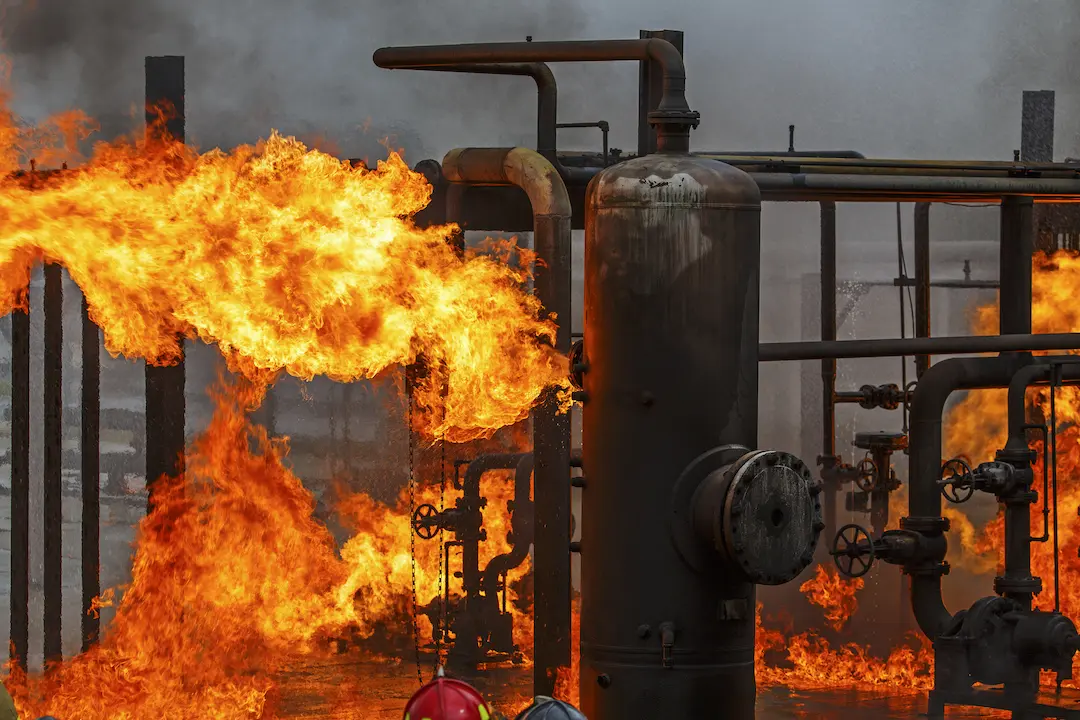In recent weeks, a number of Texans have had their lives disrupted due to a series of chemical fires—explosions that have not only sent toxins into the atmosphere but also left some individuals with property damage.
It’s probably fair to say that most Texans don’t spend a lot of time thinking about the potential of a chemical fire—but clearly these things do happen, and it’s important to know how to respond.
Since most homeowners don’t have personal experience dealing with chemical fires, we wanted to put together a quick guide, including the steps you should take in the event of fire- or explosion-related property damage.
What to Do in the Wake of a Chemical Fire
1. Document the Facts.
As you go to your insurance company, it will be imperative to have a baseline of facts—and the easiest thing to do here is essentially to keep a diary. Make note of when the blast happened and what its immediate effects were. Also log any deterioration to your property, plus any injuries or health conditions that arise in its aftermath.
2. Take Pictures.
As you seek to document the damage done to your property, remember that a picture’s worth a thousand words. Make sure you take good, well-lit images of any damaged areas, including not just your home but the lawn as well. You might even photograph any damage in the surrounding neighborhood, providing a fuller sense of the blast’s magnitude.
3. See a Doctor—Even If You Don’T Think You Need to.
This is good advice whether you’ve been injured in a car accident, a natural disaster, or a chemical fire: Visit with your doctor or head to an urgent care facility to get checked out. Hopefully you’re fine—but there’s always an off chance that you have some dormant injuries, things that won’t manifest until the future. It’s always better to find out about them earlier and to receive prompt treatment.
4. Take Reasonable Steps to Protect Your Home.
Your insurance company will want to verify that you take the proper measures to prevent further damage or theft—so for example, if you lose windows in the fire, board them up, rather than leaving an entryway for burglars. Do your due diligence to care for the property.
5. Review the Terms of Your Homeowner’S Insurance.
This isn’t something you have to do immediately—obviously, the most important thing is making sure you and your family members are safe and secure—but when you have a moment, sit down with your policy to see what it says about chemical fires. It’s always good to be familiar with your policy before you file a claim.
6. Hire an Attorney to Help with Your Claim.
Hopefully your homeowner’s insurance company will be quick to provide you with the compensation that is your due—but if they drag their feet or flat-out refuse to pay their fair share, you may need to enlist the help of an attorney who can go to bat for you.
At McLaurin Law, we’ve helped represent several clients in the recent Houston chemical fires—and we’re prepared to take on your case, as well. Contact us at any time to learn more about how to handle these troubling cases.



